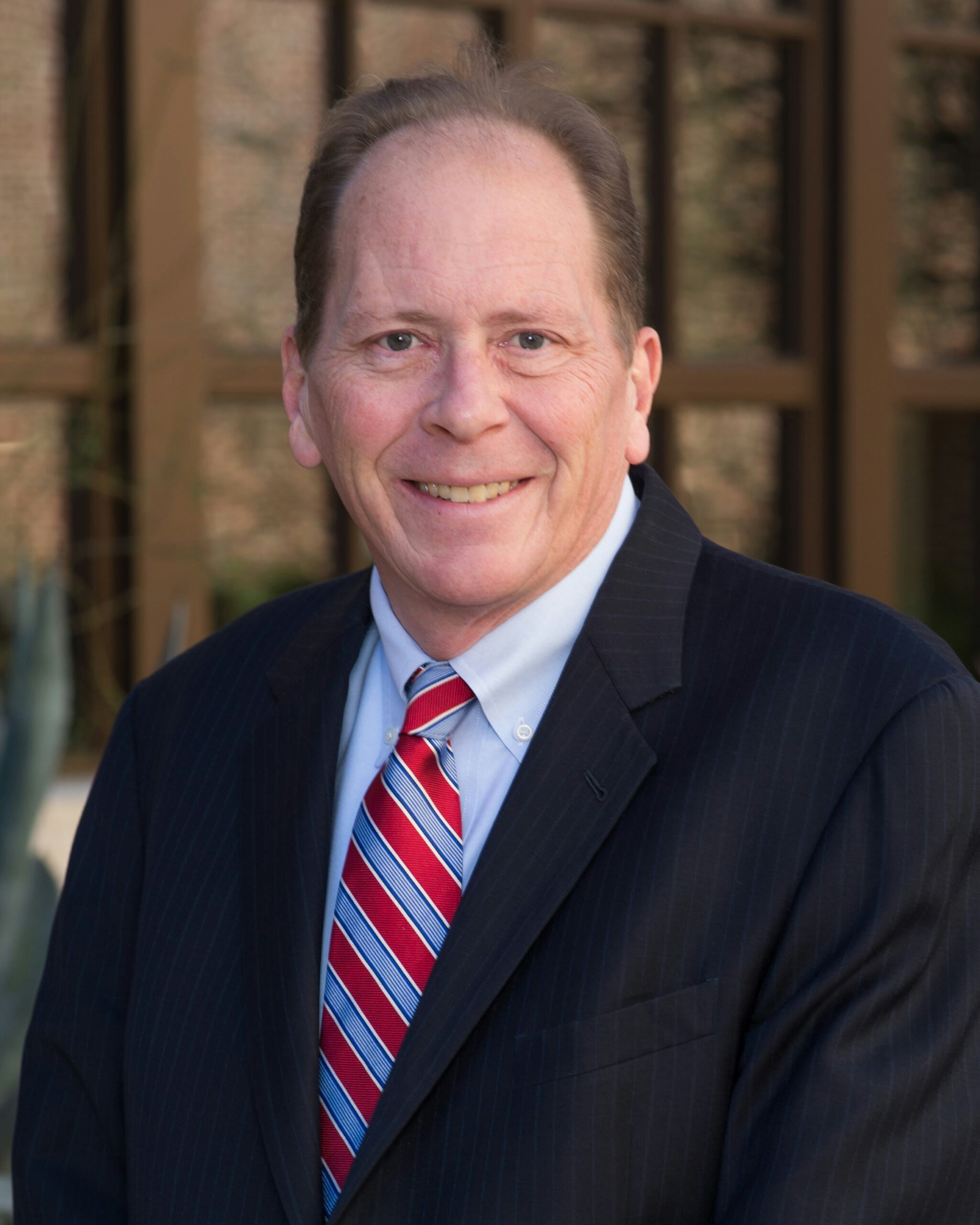Despite the coverage of this “changing” Cuba, nonviolent dissidents like Biscet have seen precious little change. The Cuban government continues to clamp down vigorously on any protest or perceived challenge. Those who dare to speak out are harshly and swiftly punished.
On June 23, in a small private ceremony in Dallas, a long delayed event will occur. Cuban dissident Dr. Oscar Elias Biscet will belatedly receive the Presidential Medal of Freedom from former President George W. Bush.
Biscet was formally awarded the medal in a White House ceremony in 2007, but he was jailed as political prisoner and barred from travel. Nine years later, he will finally receive the highest civilian award of the United States.
Since the reestablishment of diplomatic ties between the United States and Cuba, scarcely a day goes by without a story in the media about new developments in the relationship. Record numbers of American tourists are visiting the island and American businesses are eager to invest and trade with Cuba.
Despite the coverage of this “changing” Cuba, nonviolent dissidents like Biscet have seen precious little change. The Cuban government continues to clamp down vigorously on any protest or perceived challenge. Those who dare to speak out are harshly and swiftly punished.
While Biscet is among the most prominent Cuban dissidents, his case is far from unique. A medical doctor, he first found himself at odds with the regime in 1997. A devout Catholic, Biscet took issue with the government’s abortion policies. Gathering testimony from mothers, he exposed the health service’s practice of killing infants shortly after birth. He and his wife, a nurse, were barred from practicing medicine. Biscet undertook a series of peaceful protests against the practice.
Apart from a few weeks of freedom, Biscet was incarcerated from 1999 to 2011. He endured solitary confinement, torture, appalling conditions, and was cut off from the outside world. After the Catholic Church and Spanish government helped broker the release of Biscet and dozens of other political prisoners, he chose to remain in Cuba and continue his efforts to bring freedom to his homeland.
When the government began allowing more Cubans to travel abroad, Biscet was among a small group denied this fundamental right. He finally received permission from the state for a single journey outside Cuba and has spent the last few weeks seeing family and sharing his message in Europe and the United States.
Upon arriving in Miami last month, Biscet told reporters, “I come here to speak about human rights in Cuba, how they are violated, and how there is a tyrant in power.” In Cuba, he said, “There is a people that is awakening, a people that is thinking.”
Biscet continues his peaceful advocacy for change. He leads an effort called Project Emilia, where several thousand ordinary Cubans have signed petitions demanding freedom and democracy. He said that although he fears repercussions when he returns to Cuba, he will continue to speak out.
Biscet has stated that he will not be taking the Presidential Medal of Freedom back to Cuba with him. It will remain in Dallas, entrusted in safekeeping until “Cuba is free.” Biscet’s courage reminds us that outside the spotlight, 11 million Cubans are still waiting for their freedom.
































